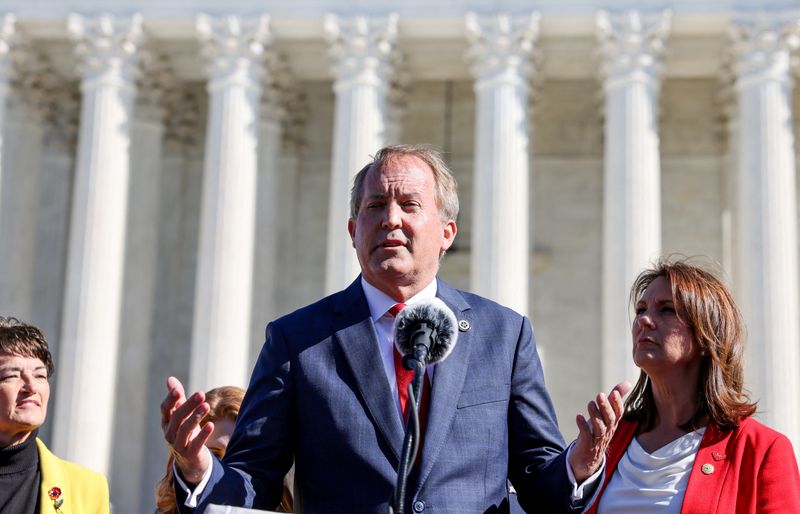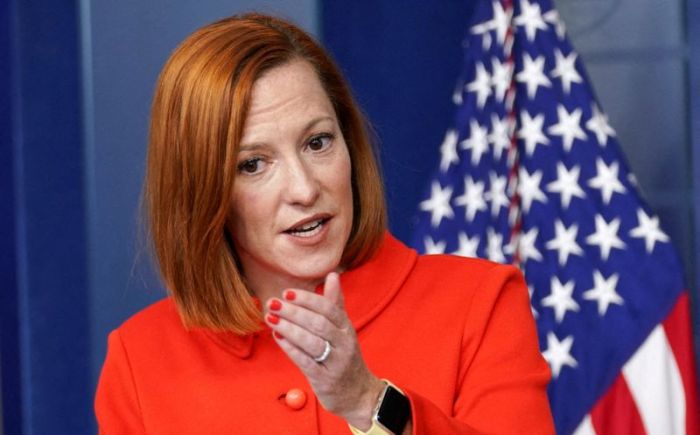(Reuters) – Endo International Plc has agreed to pay $63 million to resolve claims by the state of Texas and local governments that the drugmaker helped fuel the U.S. opioid epidemic, the state’s attorney general said on Thursday.
The deal announced by Texas Attorney General Ken Paxton marked the latest in a series of settlements that Endo has struck in recent months with state and local governments to resolve similar cases.
More than 3,400 lawsuits largely by state and local governments have been filed nationally accusing the Dublin-based company of contributing to the drug abuse crisis by deceptively marketing pain medications including Opana ER, which it no longer sells.
“This settlement is a necessary step in the right direction, and we will continue to fight to heal our state from this devastating crisis,” Paxton said in a statement.
Endo did not admit wrongdoing. It said its goal remains to achieve a global opioid settlement but that it is also exploring “strategic alternatives.” Texas’ settlement includes clauses for a potential Endo bankruptcy.
Thousands of lawsuits have been filed seeking to hold drugmakers, drug distributors and pharmacy chains responsible for a drug abuse crisis the U.S. government says has led to hundreds of thousands of overdose deaths over two decades.
Drug distributors McKesson Corp, AmerisourceBergen Corp and Cardinal Health Inc and the drugmaker Johnson & Johnson are pushing to finalize proposed settlements of up to $26 billion to resolve the cases against them.
Endo is not part of the proposed $26 billion deal, but previously agreed to settle lawsuits by states or counties in Alabama, Louisiana, New York, Ohio, Oklahoma and Tennessee for more than $136 million.
In November, a California judge following a trial found Endo and three other drugmakers not liable in a lawsuit by several large counties that accused them of fueling the opioid epidemic, saying they failed to prove their $50 billion case.
(Reporting by Nate Raymond in Boston; Editing by Mark Porter, Diane Craft and Jonathan Oatis)

























